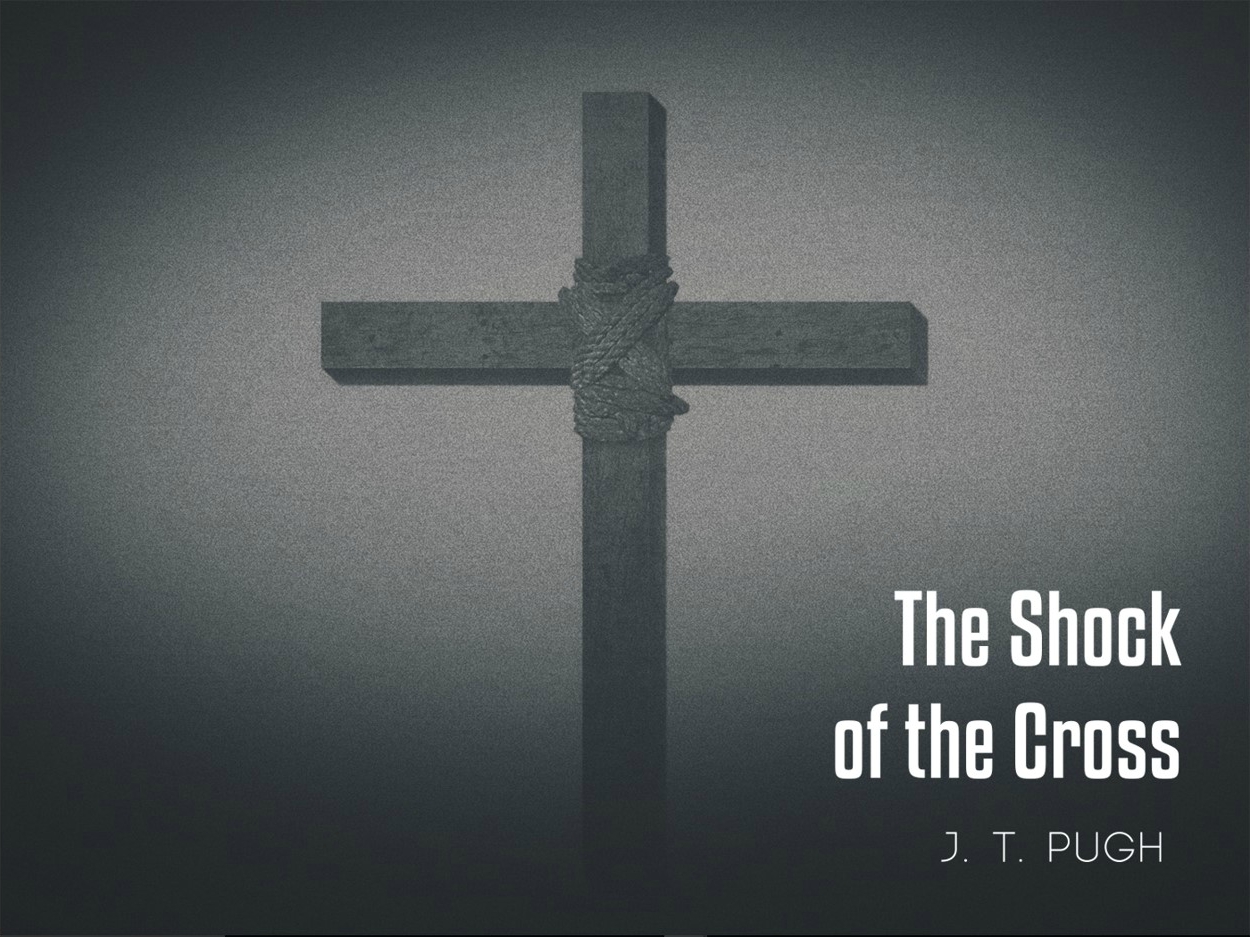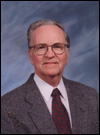Then there was the night in the Vasges Mountains in Alsace-Lorraine when the midsection of a new replacement was laid open by shrapnel. Bruce finally realized that, under the circumstances, there was nothing that could be done for the young soldier. Bruce held the young man in his arms and felt him die with the coming dawn.
By J. T. Pugh
To View the Entire Article, Click Here
To Download the Entire Article Directly to Your Computer, Click Here
To View the Outline, Click Here
To View the PowerPoint, Click Here
THE SHOCK OF CONTRADICTION
When a generation of people loses moral principle which could guide them, when life has no overriding, selfless purpose, when no semblance of meaning can be assigned to their experiences, that generation is dead. This horrible, nerveless apathy continues until a shock wave away comfort and pseudo-security. This is done by the calamities of war, famine, and political collapse. Also, a universal, historical event that has its roots in deep-laid moral and religious issues forces people to take a position and, in some measure, become mentally and emotionally involved. For this reason and many more, the crucifixion event is important. This horrendous episode remains both a timeless event and experience as well. Since it is a principle of life, people are forced to either work with it and by it, or to totally reject it. When this principle of the cross is accepted, respected, and applied, spiritual life always springs up. When Christ crucified is lifted up, meaning, joy, and purpose comes into the lives of people who accept Him. Every individual life and every generation needs the lifesaving shock of the cross.
In the fact of spiritual and social corruption, it is easy for morally conscious people to conclude that the world has been in sinful decline for hundreds of years, until in our day we have reached the lowest level of evil that the world has ever known. But that is not true. World history reveals that there have been several levels of wickedness the world has wallowed in during past times, lower and more wicked than our own. History also shows that during these low times, when people revolted against the slime, the slop, and stink of wickedness, it was because a courageous remnant, a dedicated minority, lived and taught against the tide of the lost masses and thus offered a hopeful alternative. The entrance of Jesus Christ into the world, for instance, was so abrupt, so distinctly different, that the event broke the flow of time into “B.C.” and “A.D.” His unmistakable distinction and difference from His contemporaries justified the statement, “I am truth.” The statement was made without qualification or hesitation. It was precisely the statement that the world needed to hear. No doubt, Pilate the Roman governor was well learned in many ways, but when he confronted Jesus, the confusion of his life was indicated in the question he asked, “What is truth?”
Jesus taught His disciples that the church was to be a distinct “salt” in the bland mix of life. He indicated that if its presence could not be detected, it had lost its purpose and its worthiness and should be disposed of. Jesus taught that the holy influence of the church and the truth it expounded should contrast with the environment as a light would in darkness.
Whenever and wherever the church keeps Jesus Christ and Him crucified at the center of its focus, these things occur. Many, to some degree and in some semblance, preach and teach Christ today. But to present Jesus without his cross is to present a powerless Christ.
To View the Entire Article, Click Here
To Download the Entire Article Directly to Your Computer, Click Here
To View the Outline, Click Here




